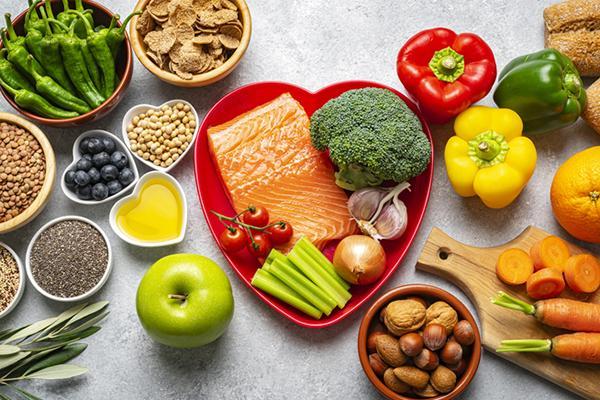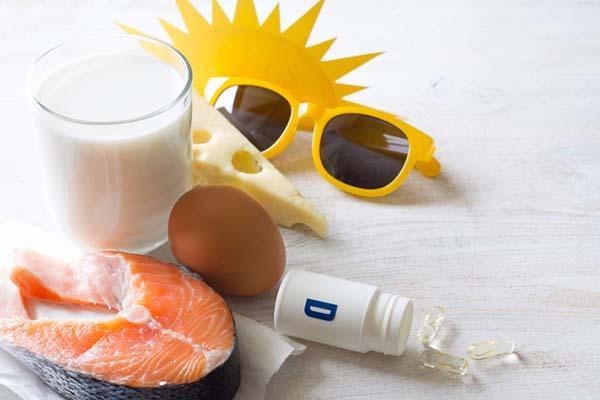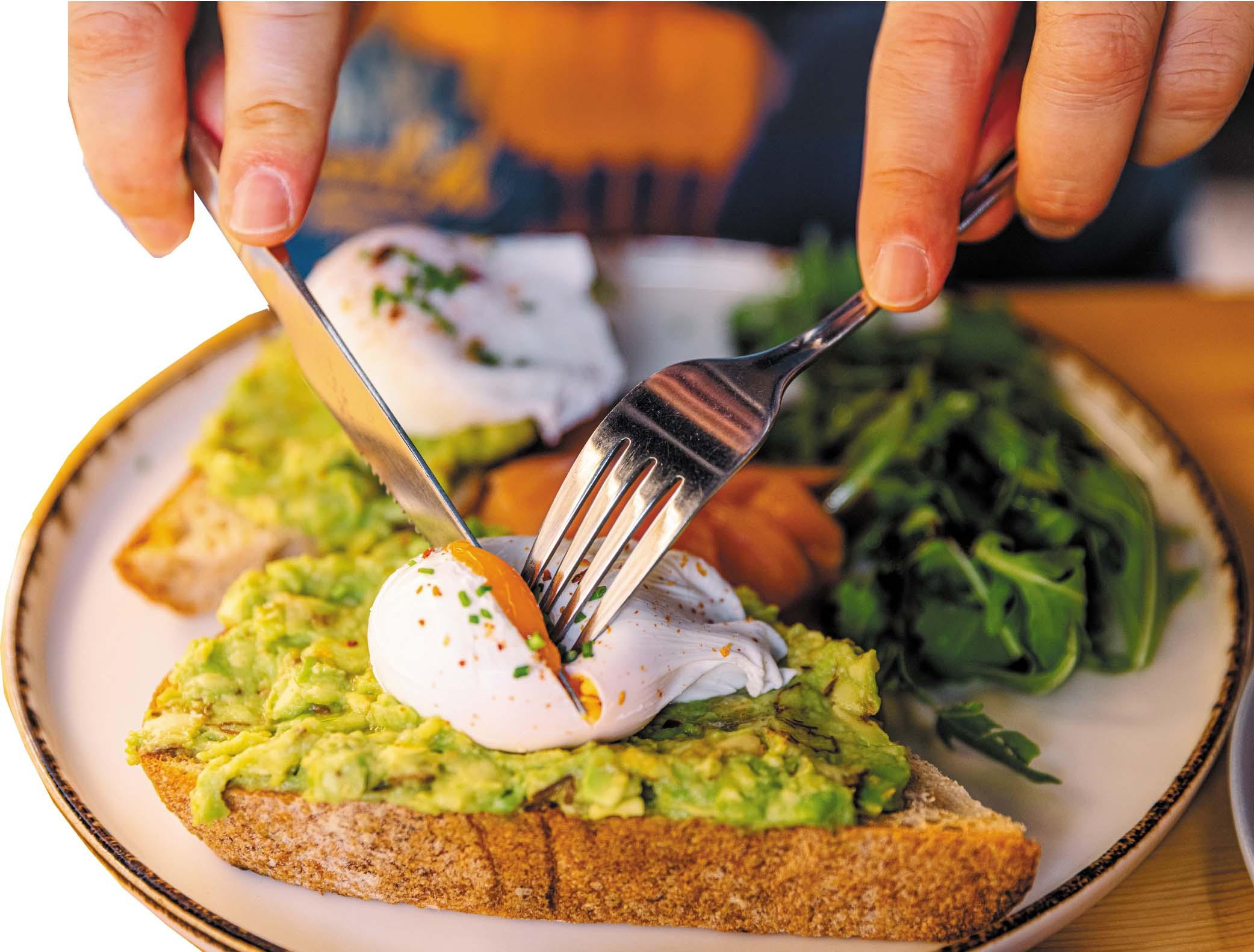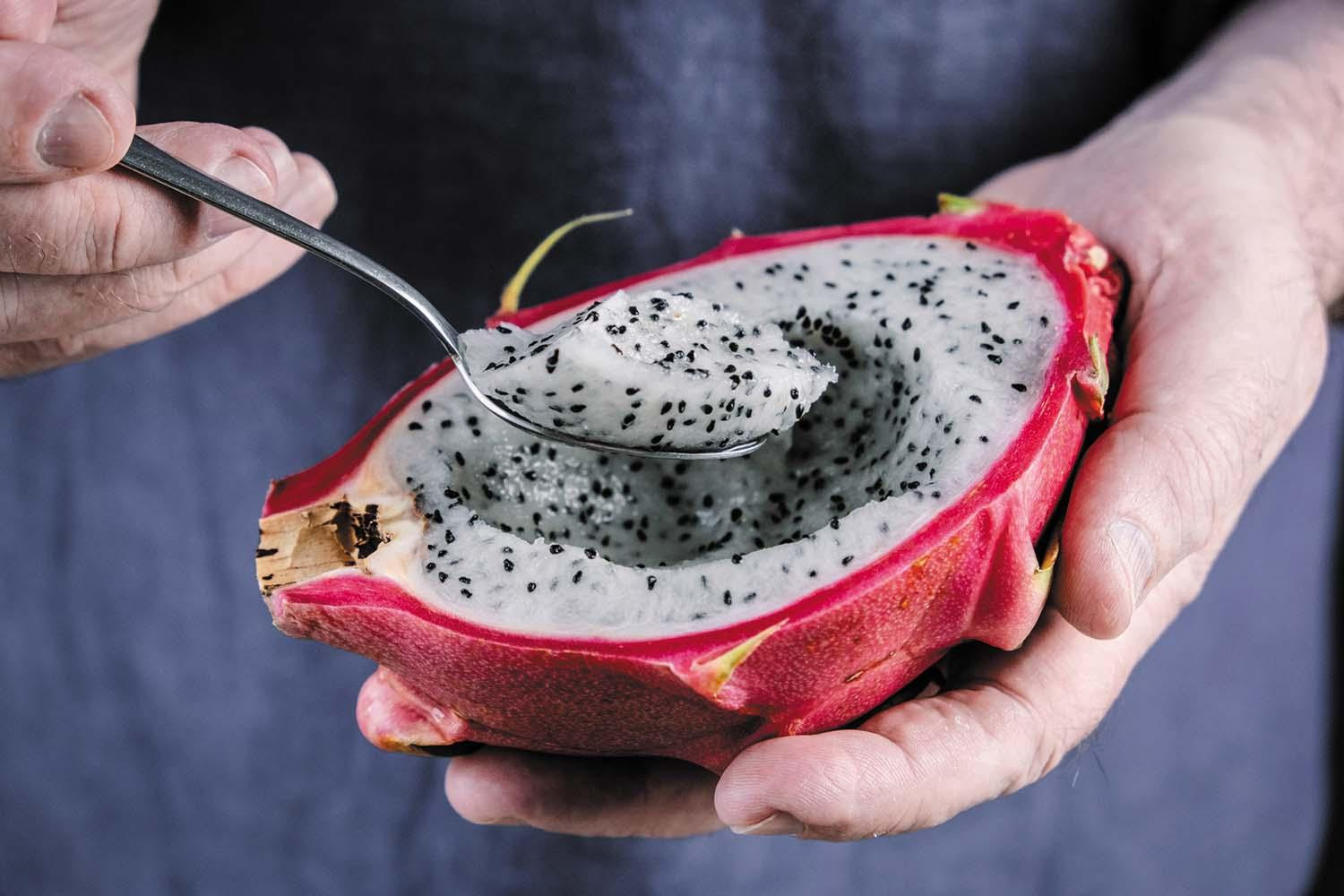
What are somatic workouts?

How to curb your stress eating

How to spot Parkinson’s disease symptoms

8 simple ways to reduce ultra-processed foods in your diet

Heart failure symptoms in women: How they’re different

GERD diet: Foods to avoid to reduce acid reflux

Strong is the new skinny

Everyday habits that sneakily weaken your bones

Don’t wait to get help for back pain

Correcting how you walk may ease osteoarthritis knee pain
Healthy Eating Archive
Articles
4 keys to a heart-healthy diet
The foundation of a heart-healthy diet should be minimally processed plant-based foods, which are good sources of fiber, protein, and phytonutrients. People should also limit saturated fat and make sure they consume omega-3 fatty acids.
Resistant starch: Can you make the carbs you eat a little healthier?
Resistant starch causes smaller blood sugar spikes than regular starches, and feeds beneficial gut bacteria. You can increase the resistant starch content of starchy foods by cooking and chilling them, though overall diet quality matters more to blood sugar control than this trick alone.
Does everyone benefit from cutting saturated fat in their diet?
A review of 17 studies found that for people at high risk of heart disease, cutting down on saturated fats may have lowered their risk of major cardiac events over the next five years, but people at lower risk did not see similar benefits.
Are certain fruits healthier than others?
Most people have heard the nutritional recommendation to eat five servings of fruit per day. But are some fruits better for you than others? Is it okay to eat dried or frozen fruit, or to drink fruit juice? Does it have to be organic?
Vitamin B12 deficiency can be sneaky and harmful
Like most vitamins, B12 can't be made by the body and must be gotten from food or supplements. A B12 deficiency –– which might stem from a vegan or vegetarian diet, or problems with absorption due to weight loss surgery or aging –– can seriously harm nerves, mood, thinking, energy, and more.
Beyond protein: 6 other nutrients that help prevent muscle loss
While protein is essential to help prevent muscle loss as you age, other nutrients matter, too. Carbohydrates, magnesium, iron, omega-3 fats, and vitamin D work together to support muscle function and prevent muscle breakdown. Getting enough water is also essential for muscle performance and function.
Low vitamin D may raise risk for respiratory infections
A 2026 study found that low vitamin D levels may increase the risk of hospitalization for respiratory infections (such as colds, flu, pneumonia, and bronchitis) by as much as 33%. Sunlight, foods containing vitamin D, and supplements help maintain healthy vitamin D levels.
Easy ways to fit heart-healthy avocados into your meals
Avocados have a mix of fiber, healthy fat, antioxidants, and key minerals that support heart health. But avocados aren’t low-calorie foods. They’re best added to the diet by swapping them for something else, such as subbing mashed avocado for butter on toast.
Dragon fruit: How to enjoy this antioxidant-rich fruit
Dragon fruit stands out for its striking look, mild sweetness, and a mix of fiber, minerals, and antioxidant compounds. It isn’t a magic “superfood,” but it’s a healthy, colorful way to help people eat more fruit in fun new ways.

What are somatic workouts?

How to curb your stress eating

How to spot Parkinson’s disease symptoms

8 simple ways to reduce ultra-processed foods in your diet

Heart failure symptoms in women: How they’re different

GERD diet: Foods to avoid to reduce acid reflux

Strong is the new skinny

Everyday habits that sneakily weaken your bones

Don’t wait to get help for back pain

Correcting how you walk may ease osteoarthritis knee pain
Free Healthbeat Signup
Get the latest in health news delivered to your inbox!
Sign Up











